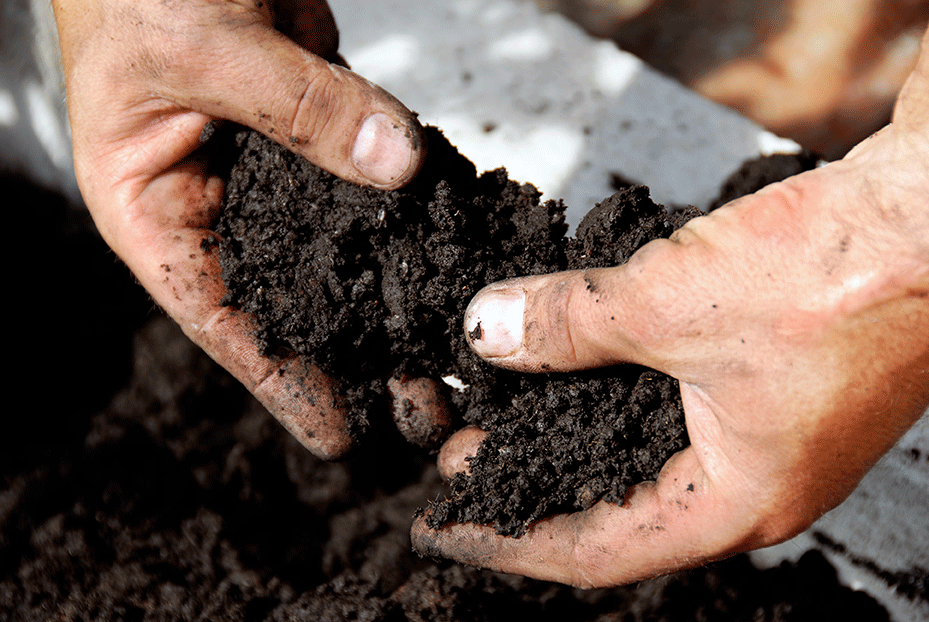Summer gardening is going full tilt this time of year, and just harvesting the fresh fruits and vegetables that are ripening or performing all those summer gardening chores is keeping gardeners plenty busy.
Among those chores is making sure plants are getting all the nutrients they need to be beautiful and productive. Vegetable gardens and lawns, in particular, may need an extra boost of nutrients to keep them growing and producing. But before you toss out any fertilizer, make sure it is truly necessary and that the one you choose contains the proper types and amounts of nutrients for your plants.
A good way to judge if your plants need an application of summer nutrients is to watch them for signs of fertility problems, such as stunted growth or leaves that are becoming pale, yellow, discolored, mottled or spotted. If you see any of these signs or notice issues such as blossom end rot in your tomatoes, you’ll likely need to add some extra nutrients to your soil.
Once you’re sure that your plants truly need that extra boost, pick a fertilizer that really fits your plants’ needs. Both organic and inorganic (synthetic) fertilizers are available—from commercially produced granular and liquid formulations to natural sources such as composted manure, fish emulsion and bone meal. Each has its own advantages and disadvantages, so do a little research or get some expert advice before you select one to use.
Regardless of the type you choose, be careful to avoid over-application of any form of fertilizer. This will save you money and help prevent runoff of excess fertilizer and nutrients into water supplies.
The very best way to know your soil’s fertility needs is to know your soil. One of the best ways to find out what your soil may need is to get it tested. Soil tests are laboratory procedures that measure the presence and availability of vital plant nutrients such as phosphorus, nitrogen and potassium as well as other secondary and micronutrients. The tests also measure other components or characteristics of soil, such as acidity (pH) and organic matter content.
The results of these tests will typically come with recommendations about what specific nutrients and amendments your soil may need, which is a great starting point for building better soils. With that knowledge in hand you can not only deal with any immediate problems, but you can also develop a long-range plan to continually improve your soil by adding organic matter, specific nutrients and nutrient-rich cover crops in the off season.
Though fall and early winter are considered ideal times to get a soil test, there’s nothing wrong with doing one now or at least spending some time figuring out which areas of your lawn and garden need to be tested later this year. And if you’re about to break ground on a new bed or garden area, it’s helpful to start off with a soil test so you’ll know just what it needs before you put in a single plant.
Soil test kits are available from local Alabama Cooperative Extension System offices or directly from the Auburn University Soil Testing Laboratory (www.aces.edu/anr/soillab/services.php). These kits contain directions for taking and shipping soil samples. Follow the directions closely and make sure to fill out the entire test form, including information about the types of plants you intend to grow or already are growing in that area of your yard so the recommendations can be tailored specifically for those plants’ needs.
Of course fertilizer and soil are not the only factors that can make or break your lawn and garden this summer. Proper watering, weeding and pest management are also vital. For help with any or all of these issues, take advantage of the Alabama Cooperative Extension System’s many resources.
You can find a plethora of helpful information by searching the Home and Garden section of Extension’s website at www.aces.edu. There you will find a wide range of publications such as Home Lawn Maintenance (www.aces.edu/pubs/docs/A/ANR-0239/index2.tmpl), The Alabama Vegetable Gardener (www.aces.edu/pubs/docs/A/ANR-0479/ANR-0479.pdf) and my favorite go-to publication for sustainable home landscapes, Alabama Smart Yards (www.aces.edu/pubs/docs/A/ANR-1359/ANR-1359.pdf).
If you’re not so Web savvy, call or stop by your local Extension office for advice or copies of publications or get expert advice tailored for your specific area of the state by calling the toll-free Master Gardener helpline at 1-877-252-GROW (4769).
July Gardening Tips:
Be on the lookout at garden centers for deals on earlier season plants or out of season tools and equipment.
Plant a cover crop in bare or unplanted areas of the vegetable garden.
Protect yourself from the sun and pests by wearing sunscreen, bug spray, a hat and a light-weight, long-sleeved shirt.
Clean up fallen fruits under fruit trees and bushes so you won’t attract pests and promote possible disease problems.
Refresh mulch around shrubs, trees and in garden beds to help retain moisture in the soil, keep roots cooler and suppress weeds.
Plant heat-tolerant annual and perennial flowers.
Divide irises and other over-crowded perennials.
Remove (deadhead) fading flowers from annuals, perennials and summer-blooming lilies.
Water lawns, landscapes, container plants and vegetable gardens as needed.
Keep an eye out for insect and disease problems in the lawn, landscape, garden beds and on potted plants.
Keep birdbaths and hummingbird feeders filled with clean, fresh water or sugar solution, respectively.





